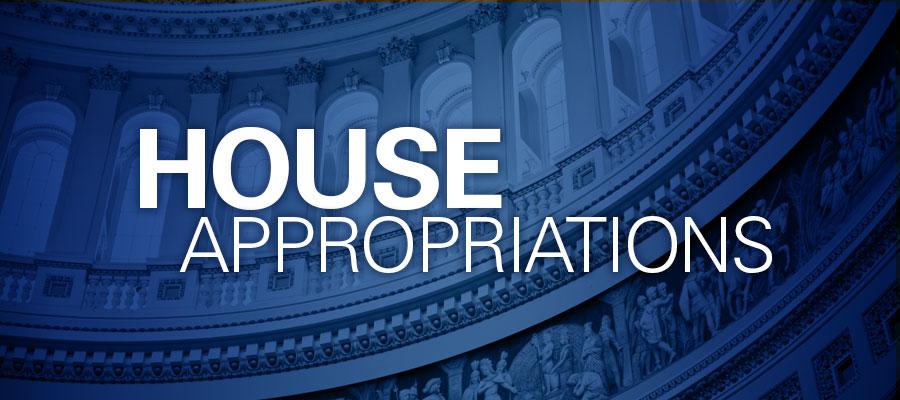House passes HHS appropriations bill

The House of Representatives today voted 217-197 to approve six appropriations bills, including legislation that would provide $196.5 billion in funding for the departments of Labor, Health and Human Services, and Education in fiscal year 2021.
The Labor-HHS portion of the bill also appropriates $24.4 billion in emergency spending.
According to a committee summary, the bill would provide $96.4 billion for HHS, $1.5 billion more than the FY 2020 enacted level and $11 billion more than the president’s budget. Specific increases include: $500 million more for the National Institutes of Health; $90 million more for the Public Health and Social Services Emergency Fund, including a $25 million increase for the Hospital Preparedness Program; $96 million more for the Substance Abuse and Mental Health Services Administration; $232 million more for the Centers for Disease Control and Prevention; $159 million more for the Health Resources and Services Administration; and $315 million more for the Centers for Medicare & Medicaid Services.
The Children’s Hospitals Graduate Medical Education program would receive $340 million in funding and rural health programs would receive $334 million, including increases for telehealth and rural hospitals. The bill also includes parts of the AHA-supported Social Determinants Accelerator Act (H.R. 4004), with $10 million in planning grants allocated to states to help address social determinants of health for high-need Medicaid patients.
The bill’s emergency appropriations include $5 billion for NIH; $9 billion for CDC; $4.5 billion for the Biomedical Advanced Research and Development Authority; and $5 billion for a permanent public health emergency fund.
Among other provisions, the Labor-HHS portion of the bill would remove a 21-year ban on HHS funding for unique patient identifiers, allowing the agency to explore solutions and strategies that accurately link patients with their health information.
It also would provide funding, but not authority, for the Occupational Health and Safety Administration to issue an emergency temporary standard requiring employers to develop and implement a comprehensive infectious disease exposure control plan. AHA will continue to oppose such a standard.
The House also defeated an amendment that would have prohibited a delay in implementing a 2019 rule requiring hospitals to publicly disclose negotiated rates.

